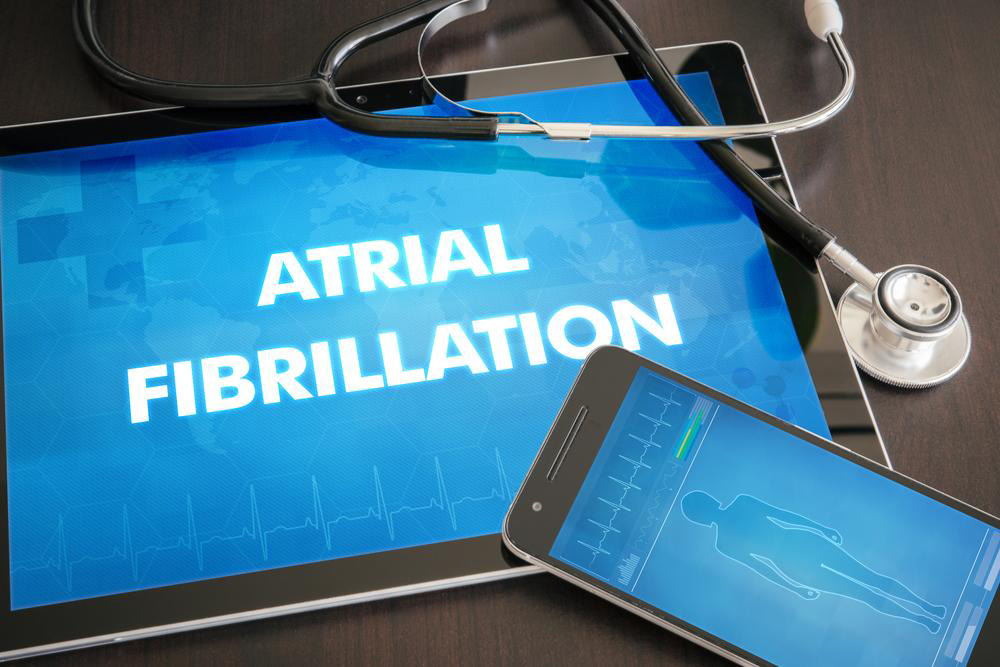Comprehensive Guide to Atrial Fibrillation and Its Impact on Stroke Prevention
This comprehensive article delves into the critical link between atrial fibrillation (Afib) and stroke risk. It explains how Afib causes irregular heartbeats leading to blood clots and strokes, the importance of managing blood pressure, and offers prevention strategies. Understanding these connections can significantly reduce stroke incidence, especially in individuals with both conditions. The article emphasizes early diagnosis, lifestyle changes, and medical treatments as key to stroke prevention, providing valuable insights for patients and healthcare providers seeking to improve cardiovascular health and avoid devastating cerebrovascular events.

Comprehensive Guide to Atrial Fibrillation and Its Impact on Stroke Prevention
Did you know that irregular heartbeat conditions such as atrial fibrillation (Afib) can substantially elevate your risk of experiencing a stroke?
While hypertension, or high blood pressure, is widely recognized as a significant risk factor for stroke, research indicates that atrial fibrillation stands out as the strongest contributor. Studies reveal that individuals diagnosed with Afib are approximately five times more likely to suffer a stroke than those without this condition. In comparison, elevated blood pressure doubles the likelihood of stroke occurrence. The primary reason behind this increased risk lies in how Afib affects the heart's rhythm. When the heart beats irregularly, blood tends to pool within the atria, creating an environment conducive to clot formation. These blood clots can dislodge and travel through the bloodstream to the brain, causing a blockage that results in a stroke. Effectively managing atrial fibrillation alongside controlling blood pressure can significantly diminish the risk of such cerebrovascular events.
So, how does a heart condition like atrial fibrillation impact brain health? The answer resides in the vital role of blood flow. The brain depends on a continuous supply of oxygen-rich blood to function correctly. When an artery becomes blocked or ruptures, a stroke occurs, leading to sudden and potentially devastating loss of brain function. High blood pressure contributes to this by weakening arteries through excessive force, thereby increasing the likelihood of rupture or blockage. On the other hand, Afib causes irregular heartbeats, which can lead to the formation of blood clots within the atria. These clots can then travel through the bloodstream and block vessels in the brain, resulting in ischemic stroke. Recognizing the signs of these conditions and intervening early through medical management is crucial in preventing strokes.
High blood pressure affects over 80 million individuals in the United States alone and is often considered the primary risk factor for stroke. Simultaneously, approximately 2.7 million Americans are diagnosed with atrial fibrillation. While high blood pressure is responsible for a large proportion of strokes, the presence of Afib significantly amplifies the risk, particularly because AFib-related strokes tend to be more severe and debilitating. Moreover, having high blood pressure increases the likelihood of developing Afib over time. This interplay between the two conditions underscores the importance of comprehensive cardiovascular health management.
Strategies for Preventing Stroke in Patients with Atrial Fibrillation
Prevention remains paramount in reducing the incidence of stroke among individuals with Afib. Early identification of causative factors—including sleep apnea, hyperthyroidism, and unhealthy lifestyle habits—is essential. Addressing these underlying issues can decrease the incidence of Afib and, consequently, lower stroke risk. Medical treatments may involve anticoagulant medications, which help prevent clot formation, and therapies targeting the primary cause of arrhythmia. Lifestyle modifications also play a critical role: quitting smoking, limiting alcohol and stimulant intake, achieving and maintaining a healthy weight, engaging in regular physical activity, and adhering strictly to prescribed medications can all make a significant difference. Regular medical check-ups and monitoring are vital for those at risk, ensuring timely intervention and reducing the chances of stroke due to atrial fibrillation.





